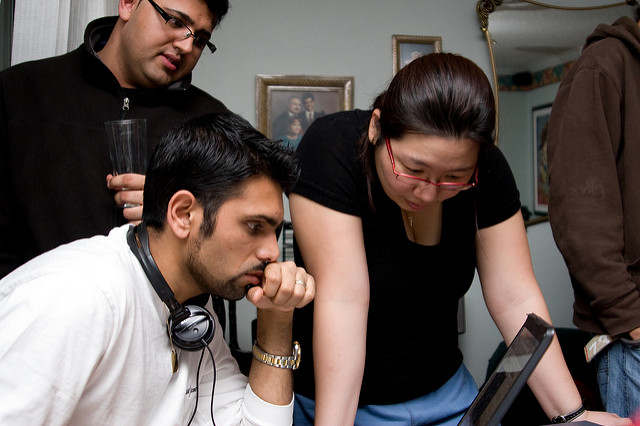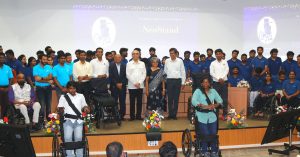Struggling with an Addiction to Technology? Here’s How You Can Prevent a Digital Burnout
Here is a list of wellness measures one can put in place to strike a balance between the virtual and real worlds before one hits a digital burnout.

In the digital era, technology – specifically mobile devices – have made it much easier for people to improve their work productivity and create new networks. The internet has become a tool to engage with other people and access information in an instant. But, increasingly, the internet’s reach has become all pervasive and many people find it difficult to extricate themselves from the grasp of omnipresent technology.
‘Burnout’ is a psychological term. Burnout is induced by chronic occupational stress and refers to the inability to work. A Digital Burnout is a relatively new term that entered the internet lexicon after psychologists noticed the link between burnouts and excessive use of digital devices. A ‘digital burnout’ can lead to chronic fatigue, low productivity, inability to control emotions, and difficulty in sticking to a routine. Various centres for internet de-addiction are cropping up around the world. So, it just might be a good idea to check oneself and shut off devices before hitting digital burnout. Here is a list of wellness measures one can put in place to strike a balance between the virtual and real worlds:

Source: By Garry Knight from London, England [CC BY-SA 2.0], via Wikimedia Commons
1.Set Limits for Digital Media Consumption
The internet has revolutionised how one consumes media. There are daily updates from one’s favourite blogs and new high quality videos to watch. This makes it difficult for one to be mindful of what one is watching/reading and whether it is in fact useful or not. Start by unsubscribing from websites or video channels that you no longer visit. Only keep track of emails from services that you use or topics you are interested in.
2. Stop Multitasking
A study from 2012 about productivity levels among heavy internet users shows that experiencing constant interruptions such as emails, messages and other notifications can have a negative impact on one’s work, especially if they occur at inappropriate times. Such fragmented work patterns affect productivity and can lead users to lose focus on their primary task. When trying to complete a task, it might serve one good to shut off all forms of entertainment, put phones on vibrate mode and close the email tabs.

Source: Flickr
3. Establish Guidelines for Using Technology Around Family
Yes, social networking websites such as Facebook are the reason why some people have been able to connect with long lost loved ones and distant relatives. But such websites can wreak havoc on one’s family life too, if one is unable to set boundaries between real life and online interactions. Setting rules such as not permitting the use of mobile devices at the dinner table or not bringing them to the bedroom can end distractions and help one unwind.
4. Cultivate Hobbies Outside the Digital Space
Work is not the only thing affected by increased dependence on technology; essential time off takes a back seat too. For some people, the idea of relaxation is inherently tied to using technology – from compulsive online shopping to binge watching TV shows. To avoid this, consider setting goals for three tasks to perform during free time that are completely unrelated to technology. These could be simple pleasures like reading books, taking nature walks, signing up for pottery classes, or running marathons.

Check out these helpful resources for preventing a digital burnout:
- http://virtual-addiction.com/resources/
- http://www.helpguide.org/articles/addiction/smartphone-and-internet-addiction.htm
- http://www.psychguides.com/guides/internet-and-computer-addiction-treatment-program-options/
Like this story? Or have something to share? Write to us: [email protected], or connect with us on Facebook and Twitter.
NEW: Click here to get positive news on Whatsapp!
This story made me
-
97
-
121
-
89
-
167
Tell Us More
If you found our story insightful, informative, or even just enjoyable, we invite you to consider making a voluntary payment to support the work we do at The Better India. Your contribution helps us continue producing quality content that educates, inspires, and drives positive change.
Choose one of the payment options below for your contribution-
By paying for the stories you value, you directly contribute to sustaining our efforts focused on making a difference in the world. Together, let's ensure that impactful stories continue to be told and shared, enriching lives and communities alike.
Thank you for your support. Here are some frequently asked questions you might find helpful to know why you are contributing?


















